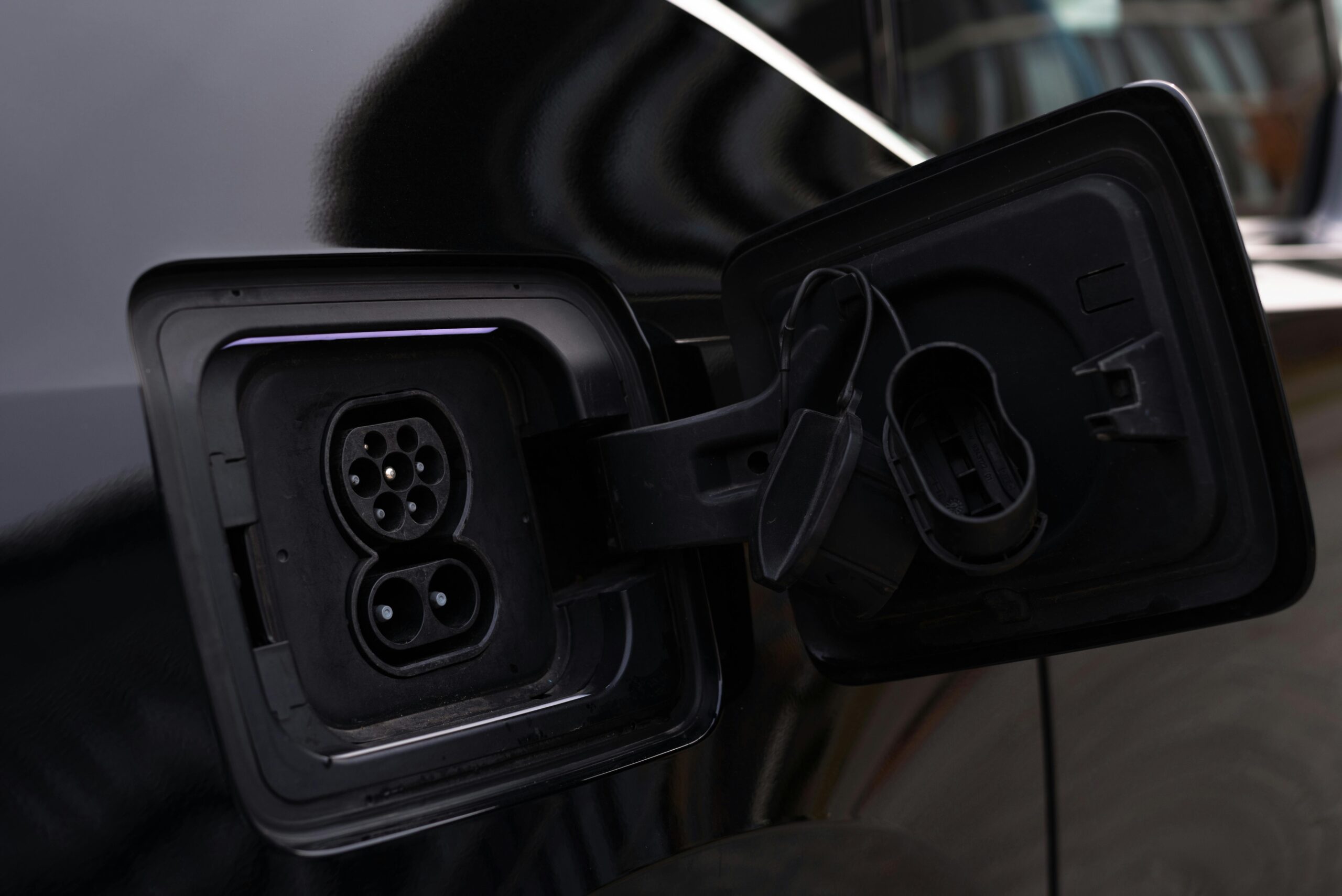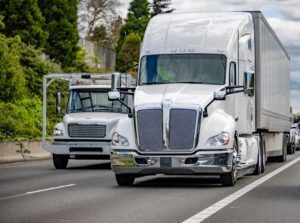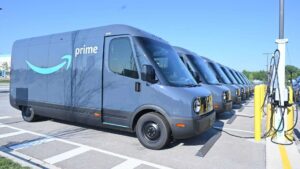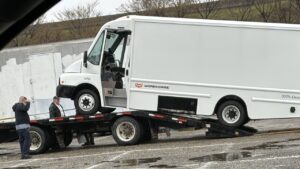A common question when looking into electric vehicles is ‘does every vehicle work with every charger?’ And the short answer is no. Let’s look at the EV charger connector types and explain why every vehicle does not work with every charger.
When it comes to installing infrastructure there are a lot of questions that you must answer. But I think one of the most important is being able to ensure that the charger you are installing is compatible with the vehicle that you are purchasing.
There are three main types of charger connectors in the U.S. If you are looking at used EV’s you might run into some other charger connector types. But these three are the ones that are mainly used in North America today.
EV Charger Connector Types
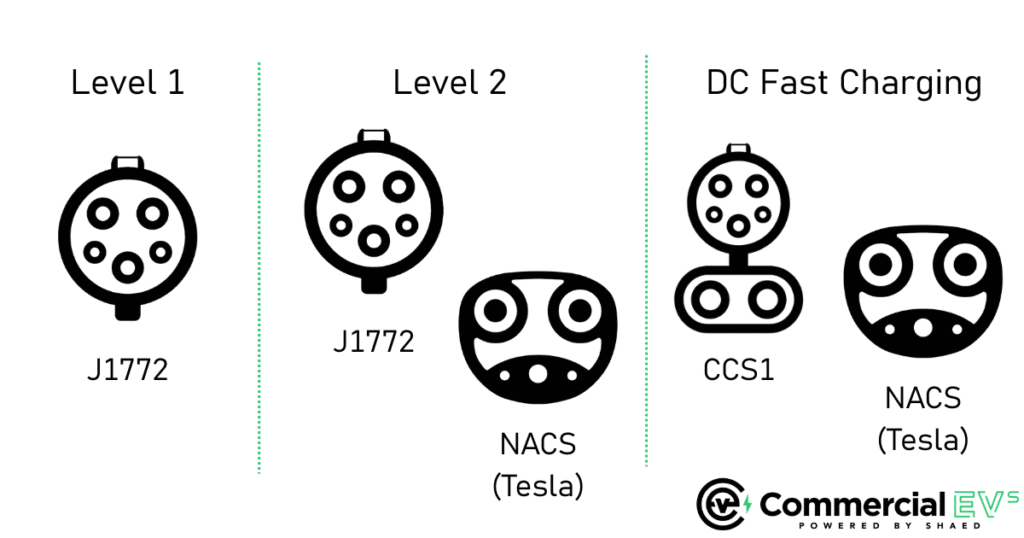
J1772
This was the very first connector type that was standardized for electric vehicles. It is also known as Type 1 connector or J Plug.
The connector has 5 pins, uses up to 240 volts, 80 amps, and has a max power output of 19.2 kW. It is also compatible with most types of EVs including plug-in hybrids.
The J1772 is the only connector that is used for level 1 charging. It is also used for level 2 charging and all vehicles have the ability to use a J1772 connector.
Currently Tesla’s have the NACS connector, but also come with an adapter to use a J1772 connector for level 1 or level 2 charging.
NACS
NACS stands for North American Charging Standard and is previously known as the Tesla charger. Up until 2022 it was proprietary to Tesla, but has since been made available to all vehicle and charger manufacturers.
NACS has 5 pins and can do level 2 or level 3 charging. Level 2 charging can support up to 80 amps at 277 volts with a max output of 19.2 kW. Level 3 charging can support up to 500 amps, 1000 volts, with a max power output of 500 kW.
CCS1
Combined Charging System Type 1 or CCS1 has 7 pins. It combines the J1772 connector with a bottom connector that has 2 pins for high-speed DC fast charging. It can deliver up to 500 amps, 1000 volts, and has a max power output of 360 kW.
The CCS1 connector is only used for DC fast charging. If your vehicle has a CCS1 port, the J1772 connector will fit into the top of the port and allow it to be charged with a level 1 or level 2 charger.
We hope that you now have a better understanding of connector types and why not every charger can be plugged into every vehicle. If you have any questions, please reach out. We are happy to help.
EV Charger Station Configurations
EV charging stations can have multiple connectors per station, up to two. If you have a mixed fleet with different ports, you can order chargers with multiple connectors.
Level 2 chargers can only come with one connector type. But level 3 charging stations can be configured with one NACS connector and one CCS1 connector.
This gives you greater flexibility when designing your site. Especially if utilizing level 3 opportunity charging. Opportunity charging is when you use level 3 chargers for back up instead of scheduled charging.
FAQs
Can I use an adapter for a connector?
There are some manufacturer approved adaptors. We recommend looking to your vehicle manufacturer for any approved adaptors and not using un-approved adaptors. Doing so can lead to damage and fires.
Can every electric vehicle use a DC fast charger?
No. Not all electric vehicles are able to use DC fast chargers because they do not come with a CCS1 or NACS port. For instance, the Mullen One only has a J1772 port so can only be used with a Level 1 or 2 charger and cannot be used with a DC fast charger.
Which connector will charge my vehicle the fastest?
DC fast chargers will charge your vehicle the fastest. However, there are many factors that go into charging speeds. We have a whole article breaking down what affects charging speed and average charging times.

